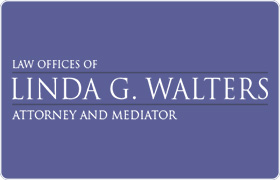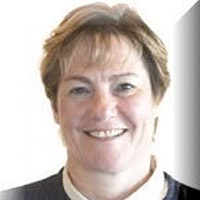 Chadds Ford Wills & Probate Lawyers, Pennsylvania
Chadds Ford Wills & Probate Lawyers, Pennsylvania
Sponsored Law Firm
-
 x
x

Click For More Info:
-
Law Offices of Linda G. Walters
114 Montgomery Ave Oreland, PA 19075» view mapDivorce & Family Where Every Client Matters
I offer my clients personal attention, customer service and caring and compassionate legal assistance.
800-883-9430
Includes: Estate Administration, Living Wills, Wills
Lawyers
1-8 of 8 matches
Wills & Probate, Elder Law, Corporate, Business Organization
Business Organization, Estate Planning, Family Law, Wills & Probate
Estate Administration, Trusts, Estate Planning, Elder Law
Power of Attorney, Wills & Probate, Trusts, Estate Planning
Construction, Wills & Probate, Corporate, Banking & Finance, Commercial Real Estate



 Linda Walters Oreland, PA
Linda Walters Oreland, PA AboutLaw Offices of Linda G. Walters
AboutLaw Offices of Linda G. Walters Practice AreasExpertise
Practice AreasExpertise